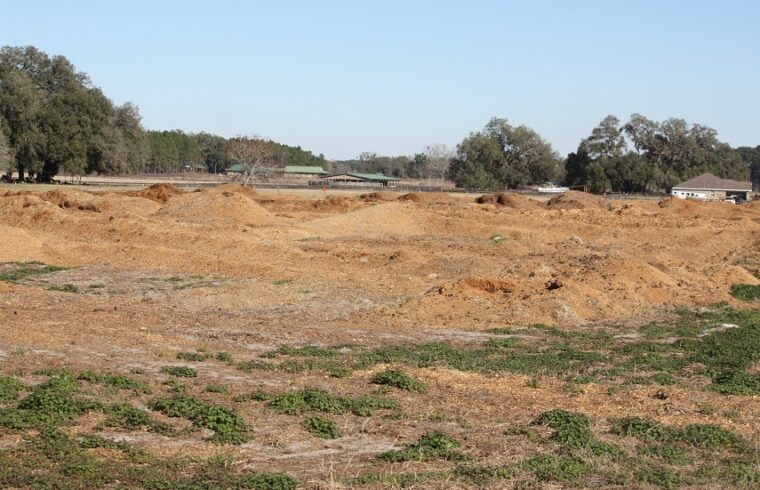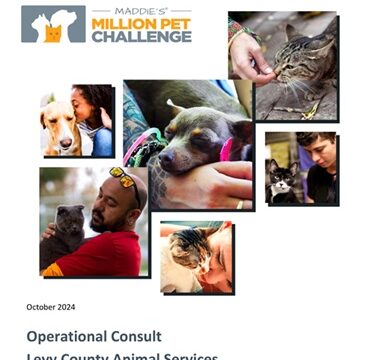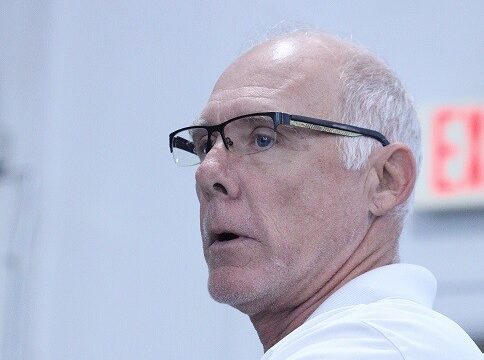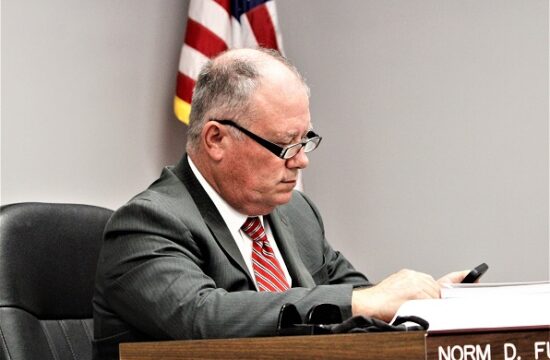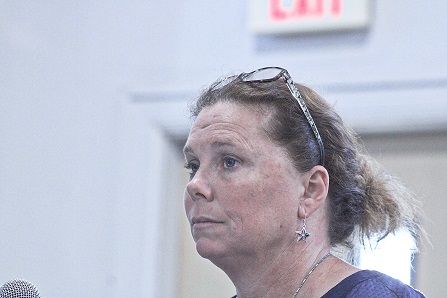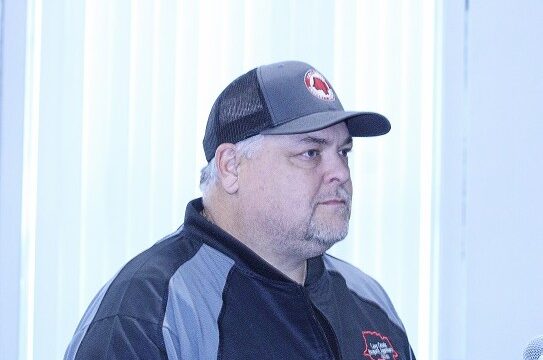By Terry Witt – Spotlight Senior Reporter
An Oct. 18 Levy County Commission workshop concerning revisions to the Land Development Code touched on the issue of compost farming, an agricultural practice that can be controversial or beneficial, depending on the point of view.
Commissioners haven’t made any decisions, but they plan to discuss “specially regulated uses” and “special exceptions “at the Nov. 22 Levy County Commission meeting when compost farming will be a topic.
Specially Regulated uses (SRs) would allow staff to review applications for compost farms, or compost facilities, using a checklist of requirements the applicant would have to meet, but wouldn’t involve county commission review or public hearings.
By contrast, Special Exceptions (SEs) require county commission review and approval. The proposed land use changes must be advertised, neighbors notified, and, public hearings held.
The preliminary staff proposal for compost farms would allow staff, and not commissioners, to review the plans for a composting facility under the SR requirements, but the final decision rests with commissioners on whether to use the SR or SE process for reviewing compost farms.
Spotlight sent a public information request to County Coordinator Wilbur Dean asking a number of questions on a variety of subjects related to a 19-page handout that was given out at the Oct. 18 workshop. One of the questions asked was, what land use classifications would be used for compost farms? He forwarded the questions to Planning and Zoning Director Stacy Hectus for a response. The questions were based on the 19-page handout from the Oct. 18 workshop.
Question: On page 8, the zoning district use table says “composting facility” would be allowed in ARR (agriculture rural residential), FRR (forestry rural residential), and in C-3 (commercial 3) zones by Special Regulation. When you say “composting facility,” are you referring to a composting farm that would be allowed in ARR, FRR, and C3 by simple staff review using a checklist of requirements?
Answer: “Yes, at the moment. We need the Board of County Commission’s guidance on this, which is why we asked them for it. We will bring it back to them in both a Special Exception and Specially Regulated fashion to help them decide where it goes. That will be happening at the Nov. 22 BOCC meeting.”
The issue of compost farms was raised several months ago by County Commissioner Matt Brooks who said he didn’t want the county to become a dumping ground for horse manure from large horse facilities in Marion County.
Brooks was asked if neighbors of Fant Farm Organics in Morriston had contacted him about odors and flies. Allen Fant owns the farm.
“As to the subject of Mr. Fant, I believe he has taken enough scrutiny publicly and I think it’s time we focus on moving forward to recognize his operation as a composting facility in our agricultural community that is trying to do the right thing and make a living for his family now and into future,” Brooks said, noting that was his personal opinion. “There’s not many agricultural operations that don’t draw complaints about flies and smells but it’s generally in warmer months and that’s just seasonal. In my visits to Mr. Fant’s Florida Registered and Recognized Facility, he has taken care to try to minimize flies and smells. That’s my personal experience and no neighbors have contacted me in quite some time.”
Brooks said he would encourage Spotlight to walk through Fant’s composting process and see the wasps he releases to control the flies.
“Mr. Fant is very scientific in his approach to composting and has a wealth of knowledge to share when called upon,” Brooks said. Spotlight responded that it had briefly interviewed him and he said basically the same thing about his operation.
“I’ve been educated to a greater level on composting and on Fant’s operation, I have a different perspective now,” Brooks said. “It can be done responsibly and we as a County need to decide how it’s locally regulated and where it will be allowed as a land use.”
Fant, who lists 2751 SE 207th Court, Morriston as the address for Fant Farm Organics, spoke briefly to Spotlight Monday by phone. He said the complaints lodged against his composting farm were baseless.
“When this whole thing blew up, I said what in the world are they talking about? I don’t know what’s going on here,” he said.
Fant said he is regulated by the Florida Department of Environmental Protection. He said DEP reports show his farm doesn’t emit flies or odors.
“If you look at DEP reports, they consider smells and flies to be vectors. That is what they call them. If you look at the reports, they’re saying no vectors or little vectors found,” he said. “There’s no issue. Those are the things they regulate and they watch over. We have no issue other than people continuing to call.”
Fant said the composting process uses bacteria and fungi work to break down the horse manure and wood chips. He said the chips are used as horse bedding. He said larger chips have to be processed a bit further to give bacteria and fungi an easier time digesting the wood. Fant said the composting process pulls carbon out of the air and moves it into the soil to reduce greenhouse gases.
He said the complaints against his farm are connected to family issues.
“There are some family issues going on and they are using it kind of as a weapon,” he said.
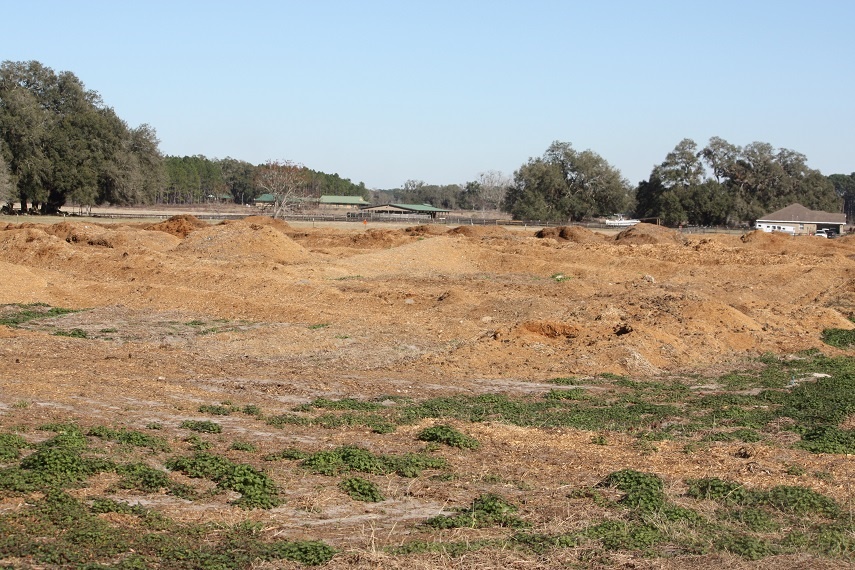
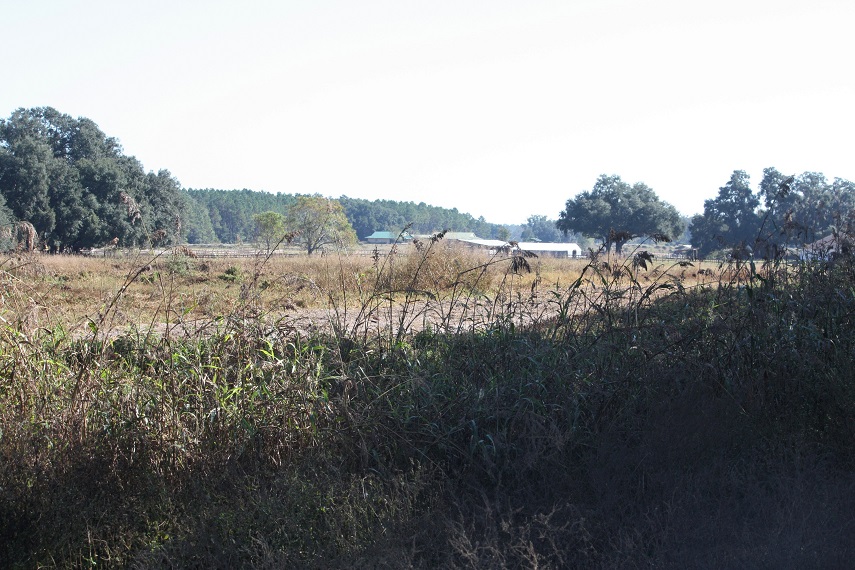
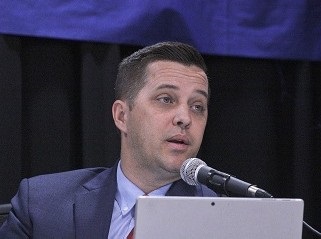
—————————-
Board of County Commission Land Use Workshop October 18, 2022; Posted October 27, 2022


